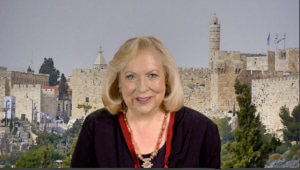 “But as for me, God will redeem my life. He will snatch me from the power of the grave. Selah “(Psalm 49: 15)
“But as for me, God will redeem my life. He will snatch me from the power of the grave. Selah “(Psalm 49: 15)
By Christine Darg
Jerusalem Channel
As we approach the Feast of Trumpets, I am aware that the Book of Leviticus uses the Hebrew term Yom Teruah which translates to “Day of Shouting” or “Day of Blowing” referring to the sounding of trumpets or shofars. Therefore I am always on high alert concerning the possibility of the “Christian” doctrine known as the Rapture—the sudden snatching away of the righteous at the sound of the shofar of God. This loud blast will be like the awesome trumpet of God at Mt. Sinai. (Exodus 19: 19)
Jesus said the day of the Rapture will be the day and hour that no man knows. (Mark 13: 32) Perhaps it’s no coincidence that the new moon must first be sighted to know exactly when is the Feast of Trumpets, which on God’s calendar is the first day of the Hebrew month of Tishrei. This year will the Feast of Trumpets (also known as Rosh Hashanah) be September 22-23 or 23-24? It depends upon the sighting of the new moon!
I recall that one year the moon could not be sighted in Israel due to a heavy sand storm. A two-day observance mitigates the risk of missing the festival due to weather-related issues.
In the featured art above (Wikipedia), Abraham Ibn Ezra is using an astrolabe, an ancient astronomical instrument to study the heavens. More about him in a moment. . . .
Recently as I was meditating on my Bible reading, I came to the glad tiding in Psalm 49:
15 But as for me, God will redeem my life.
He will snatch me from the power of the grave.
When I came to this startling verse, I marveled, thinking, “This sounds like the Rapture!”
I asked A.I. if some Bible scholars consider Psalm 49: 15 to be a reference to the Rapture. The answer was that “the Rapture is a specific doctrine of a modern theological system.” However, the Rapture is NOT a modern doctrine! It is based upon Rapture incidents in the Hebrew Bible (Enoch and Elijah) as well as specific verses in the New Testament including John 14: 3, 1 Thessalonians 4:17 and 1 Corinthians 15: 51.
In my research I found an article by Dr. Hartmut Ising entitled “The Riddle of Psalm 49 – is rapture a Jewish prophecy?” During a trip to Israel, Dr. Ising asked a friend if he knew of a Jewish notion of rapture as described in the life of Elijah or earlier in the case of Enoch who was thus saved from the Flood. Genesis 5: 24 states, “And Enoch walked with God: and he was not; for God took him.” Dr. Ising’s friend remembered that his father—a leading member of a Sephardic congregation—had mentioned such a belief.
Written by Jewish authors, New Testament scriptures frequently reference Hebrew Bible concepts. Over the years some of these concepts have unfortunately become disconnected from their Hebraic roots – to the extent that they are categorized as new Christian ideas.
However, the article by Dr. Ising confirmed my belief that the doctrine of Rapture [snatching the righteous] is an example of an originally Jewish tradition. His article aimed to rediscover the Jewish roots of the glad tidings of the Rapture.
During his search of Jewish literature, Dr. Ising came across the Art Scroll Tanach series on the Psalms, quoting Abraham Ibn Ezra’s commentary on Psalm 49. Ibn Ezra (1089–1164) was a medieval Jewish scholar, philosopher and astronomer.
Psalm 49: 5 says: “I will incline mine ear to a parable: I will open my dark saying upon the harp.” The expression “dark saying” is rendered “riddle” in the Art Scroll translation. The word has also the meaning of mystery. Not surprisingly, in the New Testament Rabbi Paul called the Rapture a mystery in 1 Corinthians 15: 51.
In the Art Scroll translation verse 16 of Psalm 49 reads: “But God will redeem my soul from the grip of the Lower World (Sheol), for He shall take me.”
The Hebrew word for “take” is identical to the word in Genesis 5:24. From the Art Scroll commentary: “I have been alert to incline my ear to the instructive parable; therefore I have solved the riddle (Psalm 49: 5). . . . Thus I am certain that God will bring me close to Him, far from the grip of the Sheol.” (Rashi)
”When my love for God is so all-consuming that the very letters of His name become indelibly etched in my heart… I shall never die; rather, my soul will be drawn upwards, until it disappears in the heavenly abode, as we read of the ancient tzaddik [righteous soul] (Genesis 5:24)
And Chanoch [Enoch] walked with God, then he was no more, for God had taken him.” (Ibn Ezra)
Therefore, this psalm is a reference to a Jewish anticipation akin to the “blessed hope” (Titus 2: 13) of the Rapture. This concept is referred to in Psalm 49 as a riddle or mystery. The Hebraic-minded Rabbi Paul may have had this exact verse in mind when he wrote in 1 Corinthians 15: 51-53,
“Behold, I tell you a mystery: We will not all sleep, but we will all be changed— in an instant, in the twinkling of an eye, at the last trumpet. For the trumpet will sound, the dead will be raised imperishable, and we will be changed. For the perishable must be clothed with the imperishable, and the mortal with immortality.”
In Genesis 5:24, the Hebrew text states that “Enoch walked with God, and he was not, for God took him.” The Hebrew word used for “took” is laqach (לָקַח), which means to take, seize, or carry away. The Greek word harpazo appears in 1 Thessalonians 4:17 to describe the same action of “catching up,” “seizing” or “rapture” of believers.
This concept of a divine rescue in the form of rapture [snatching to heaven] therefore originated in Jewish scripture.

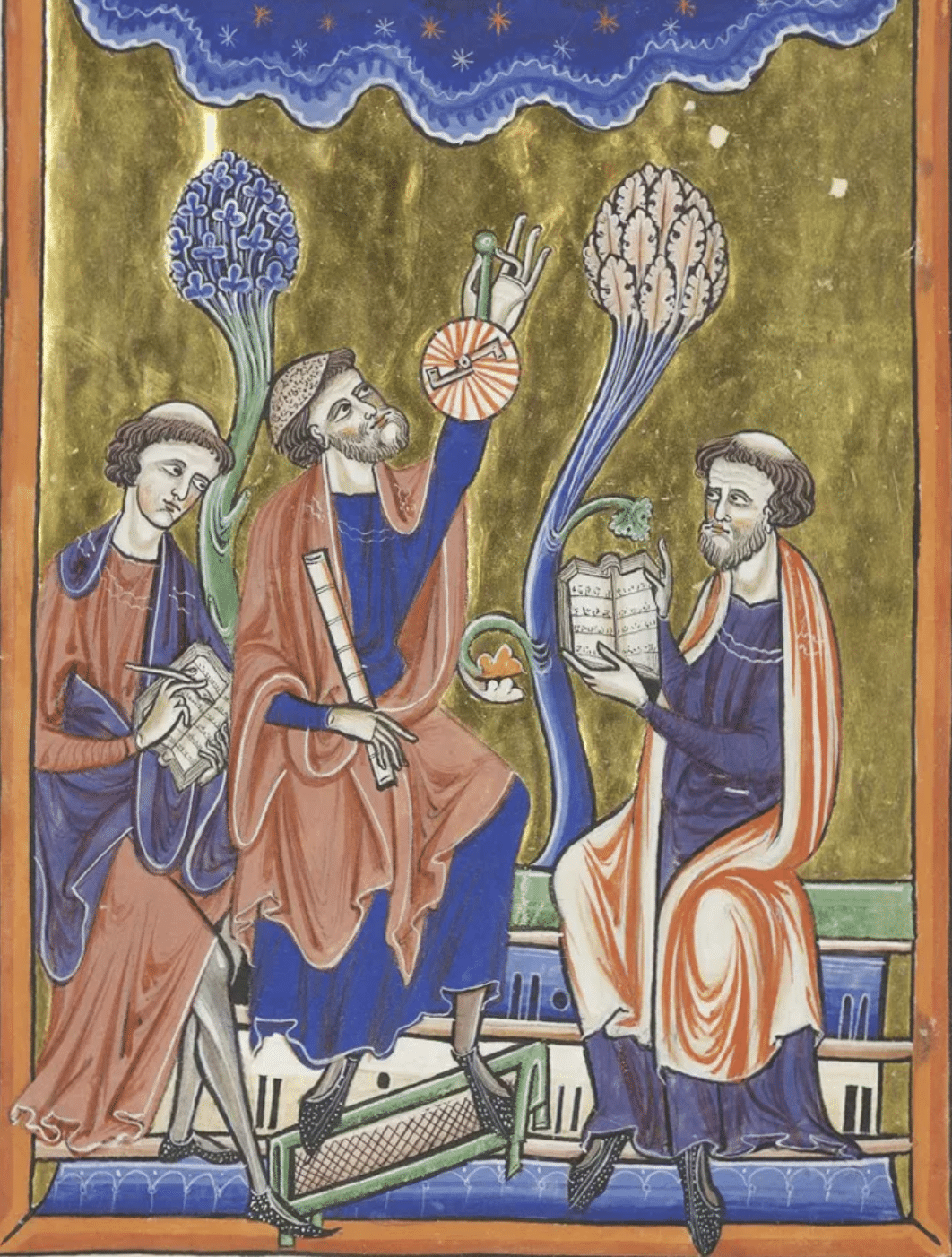


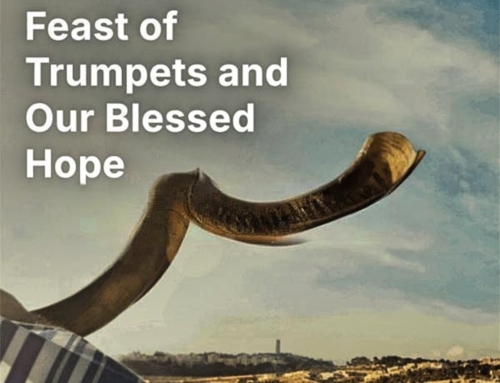
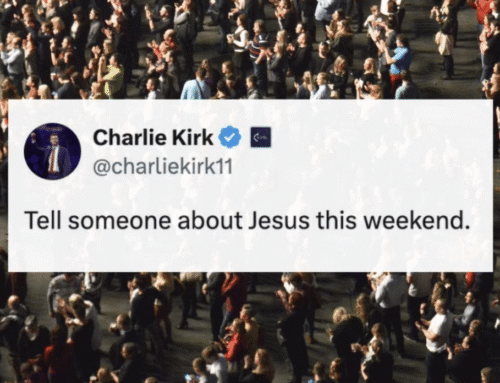
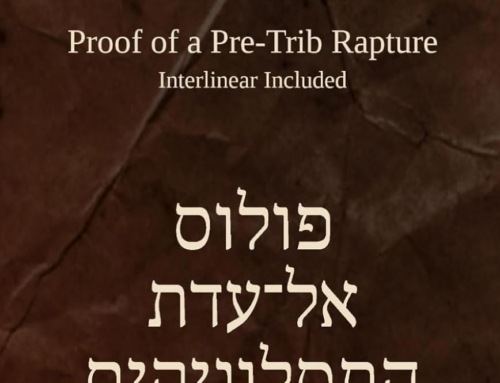
There is much spark about the rapture occurring this September 23/24 and I believe it to be true. Also you posted a blog about the feast of trumpets on September 23, 2022. I just found that interesting. Maranatha!